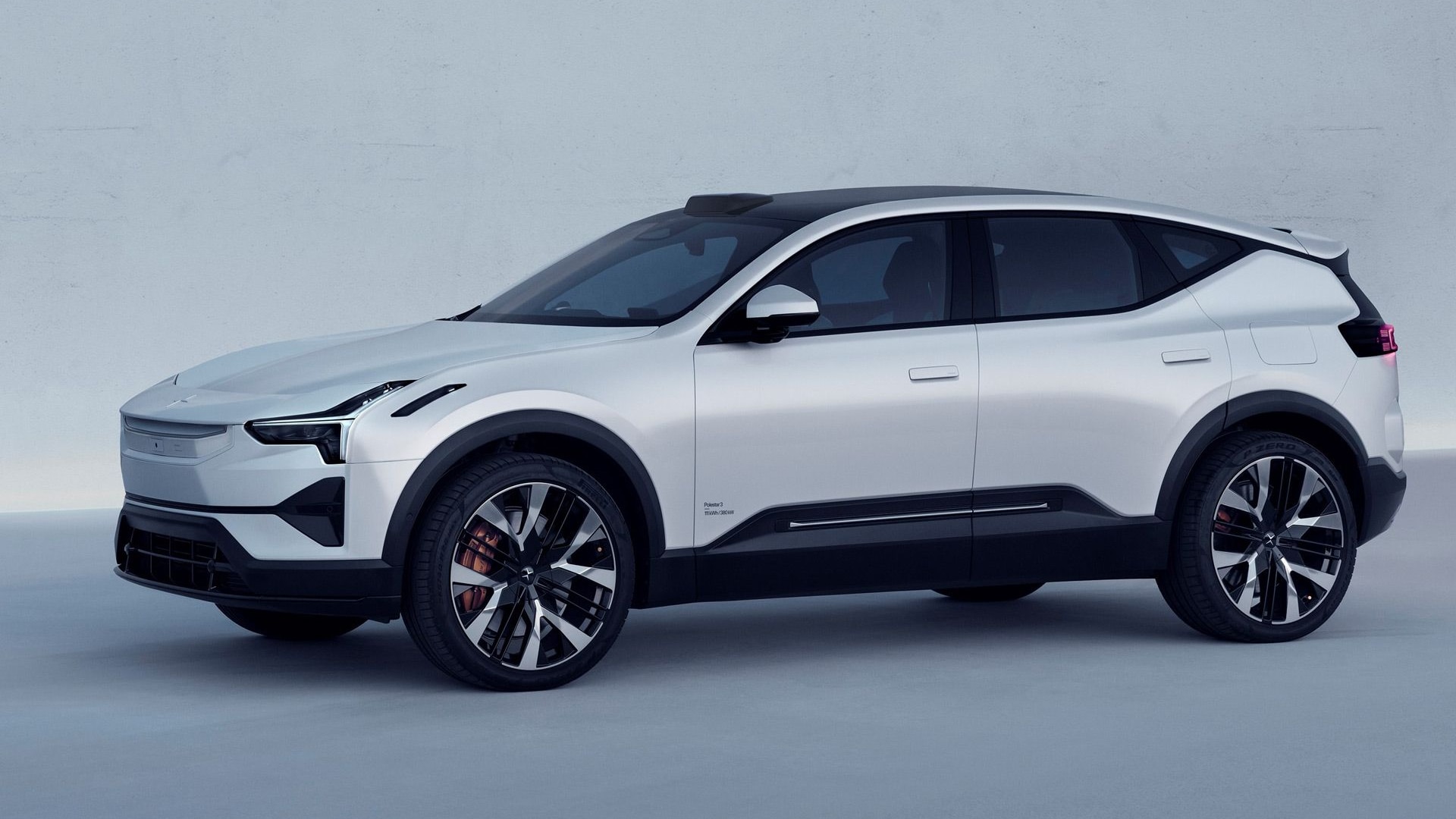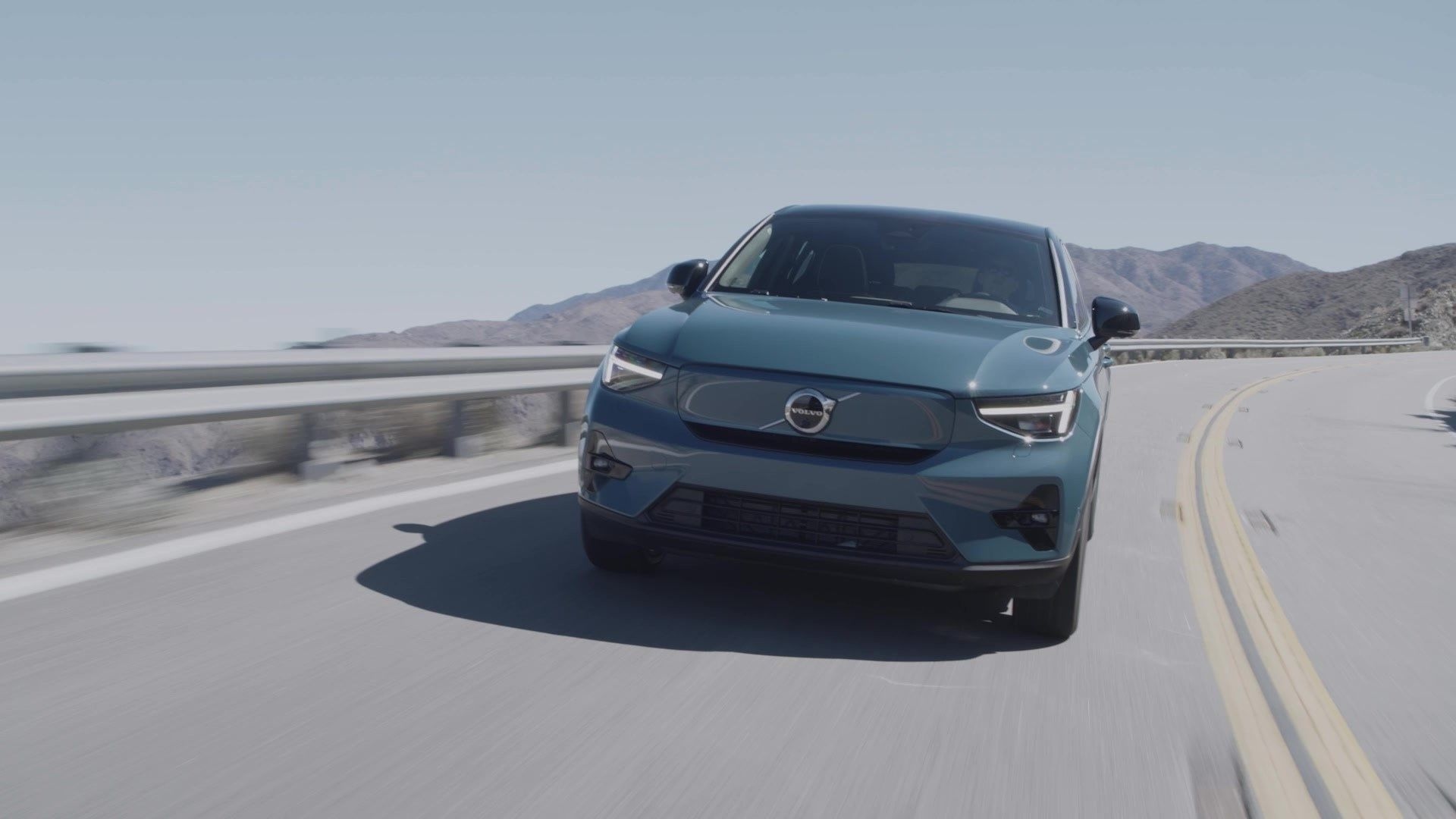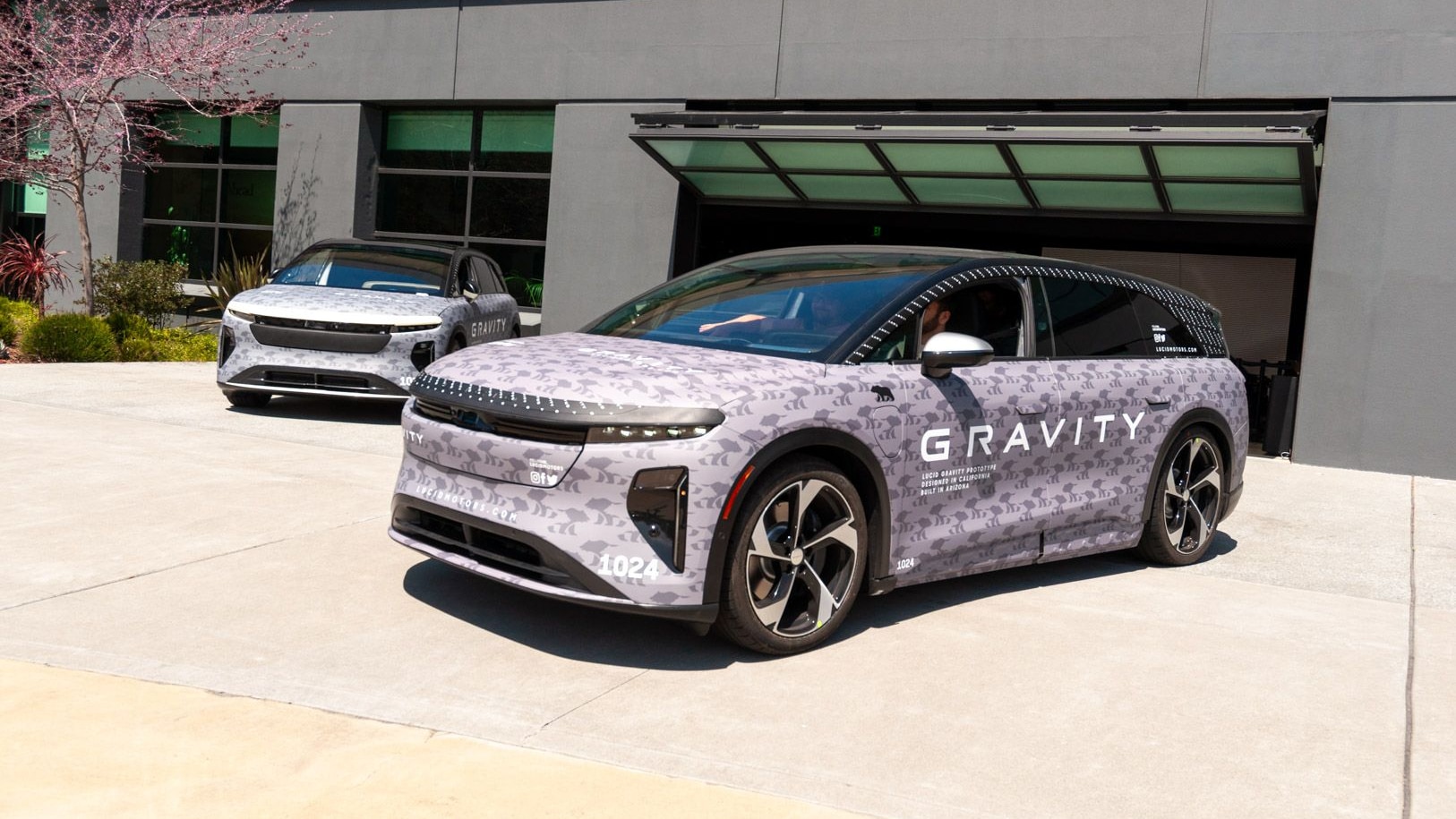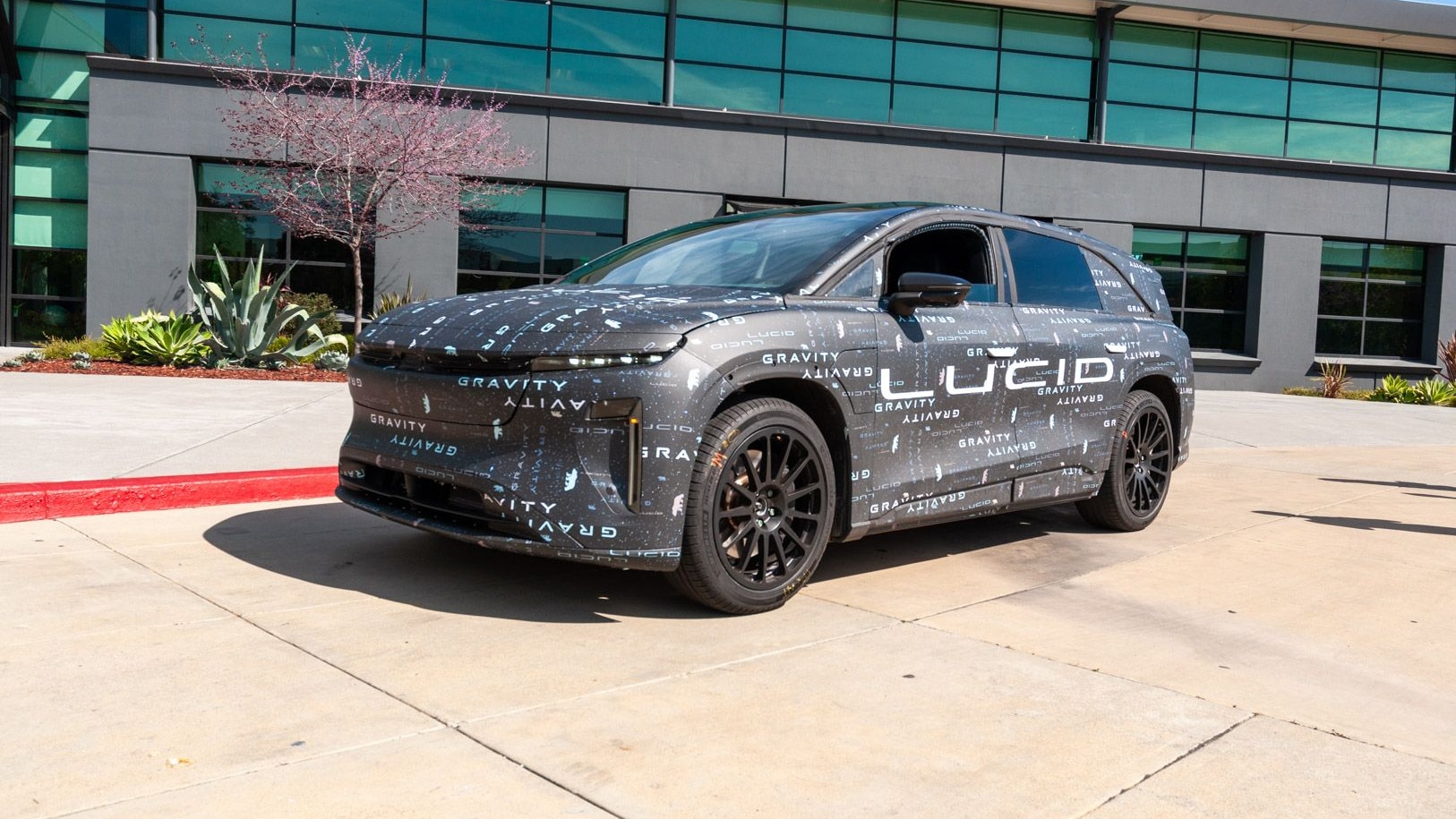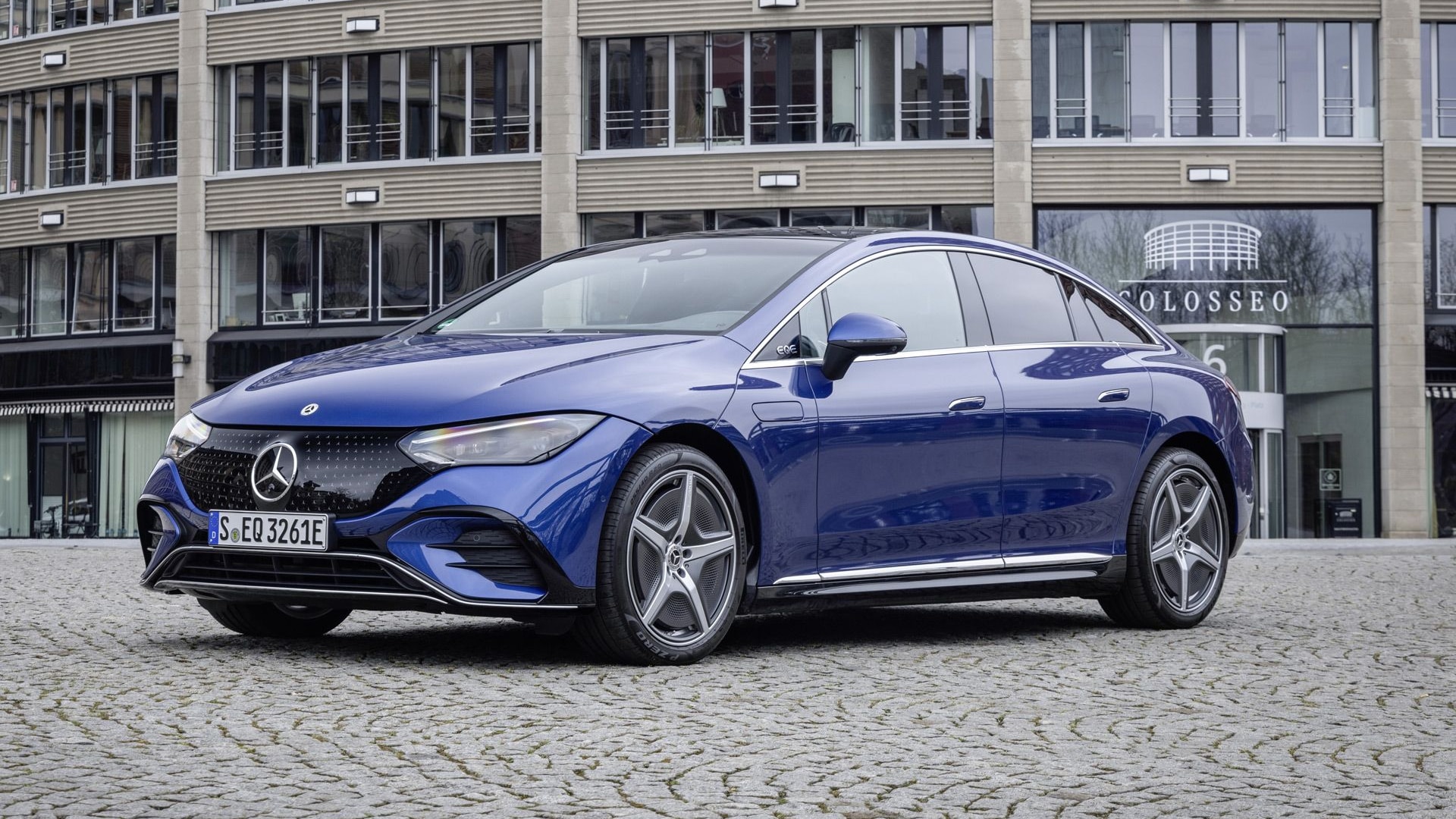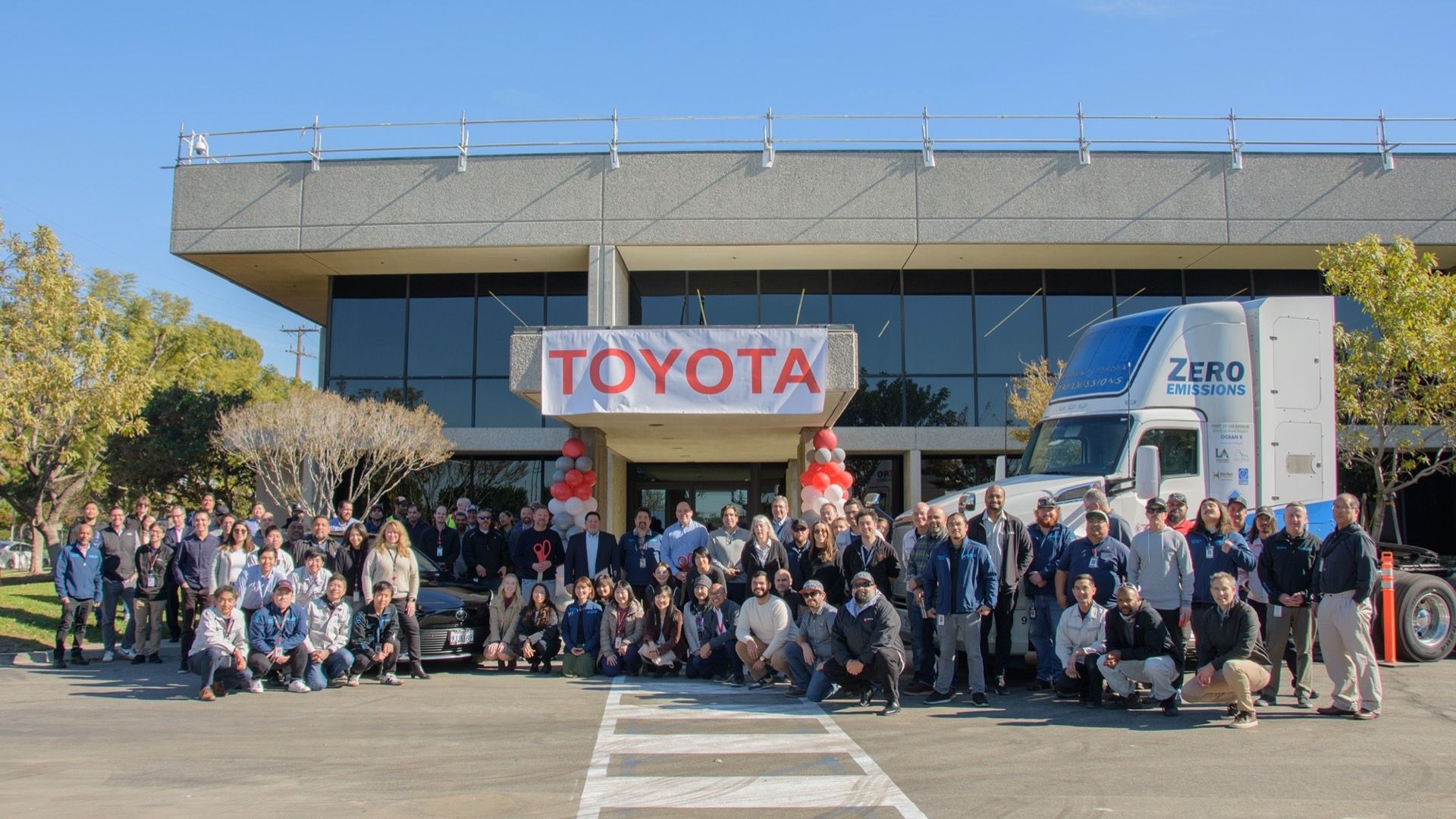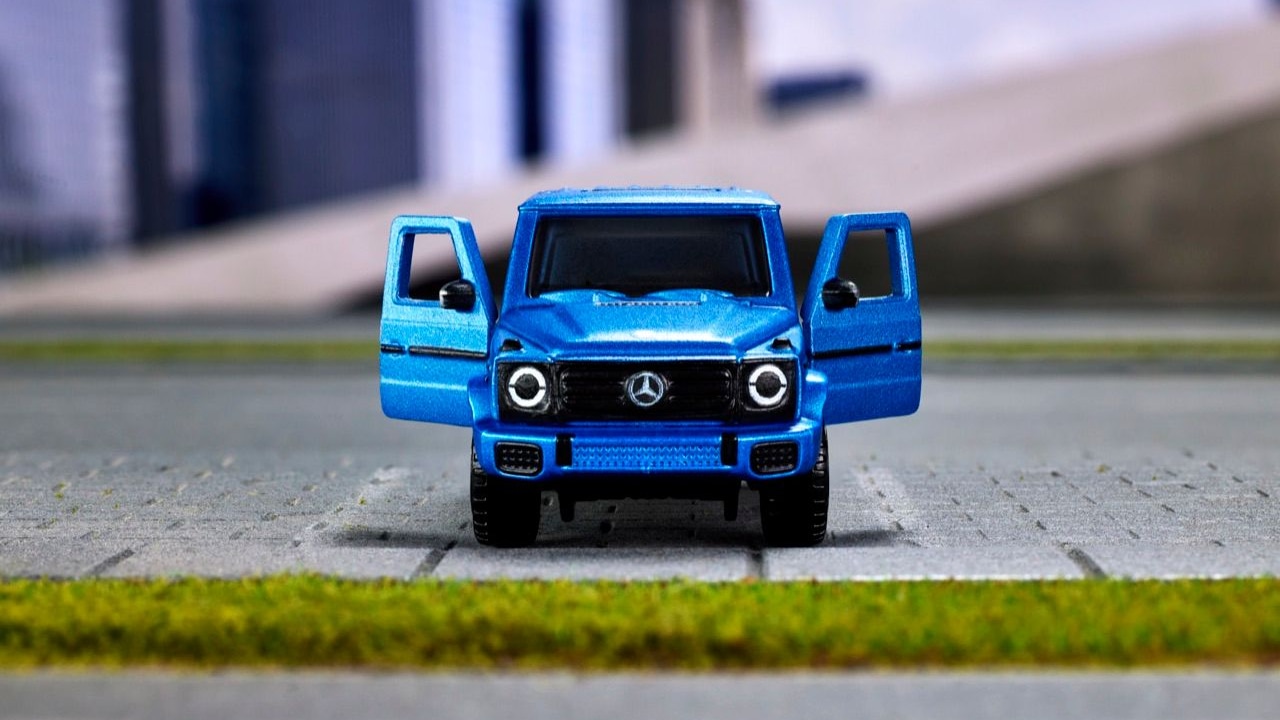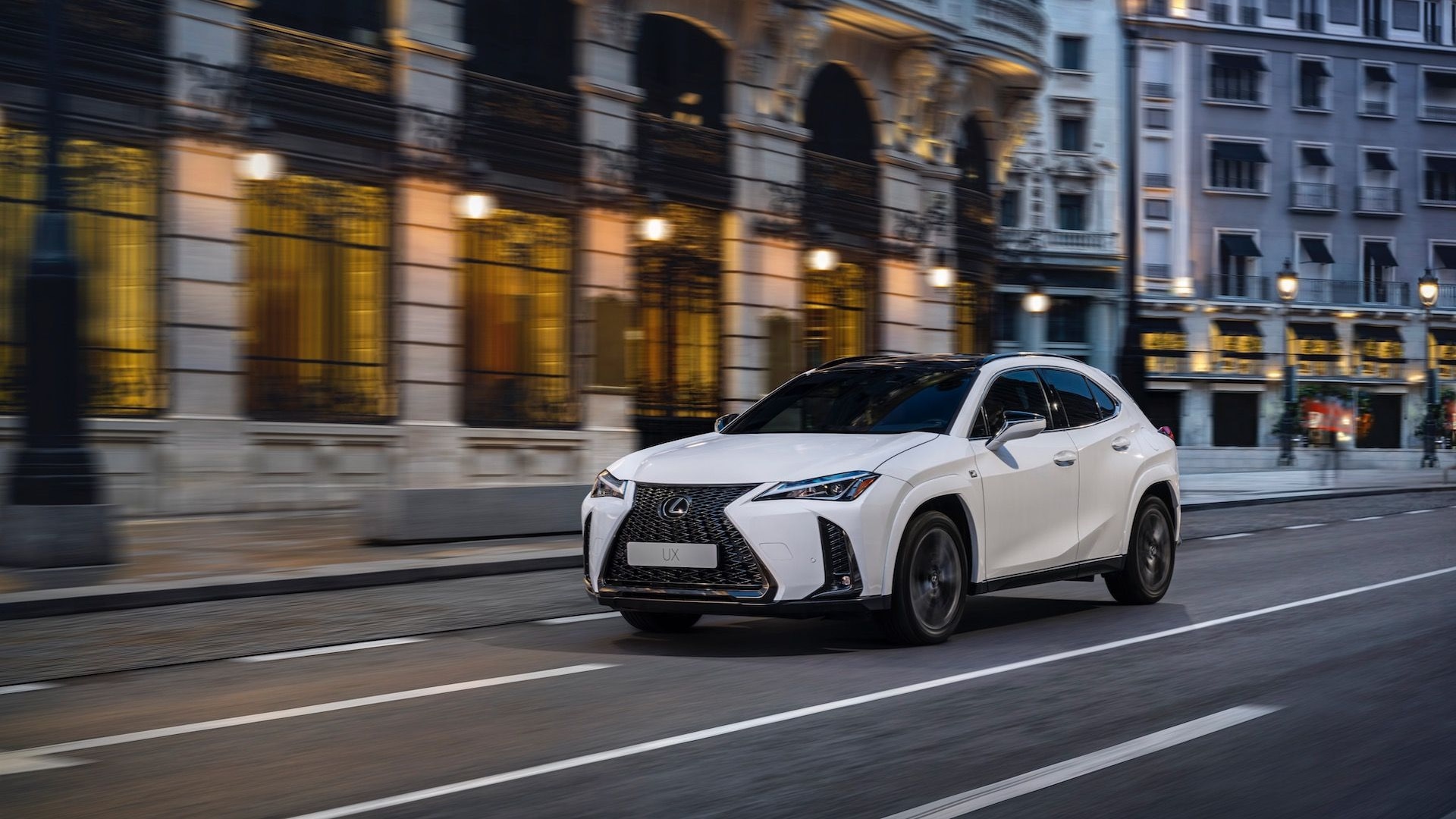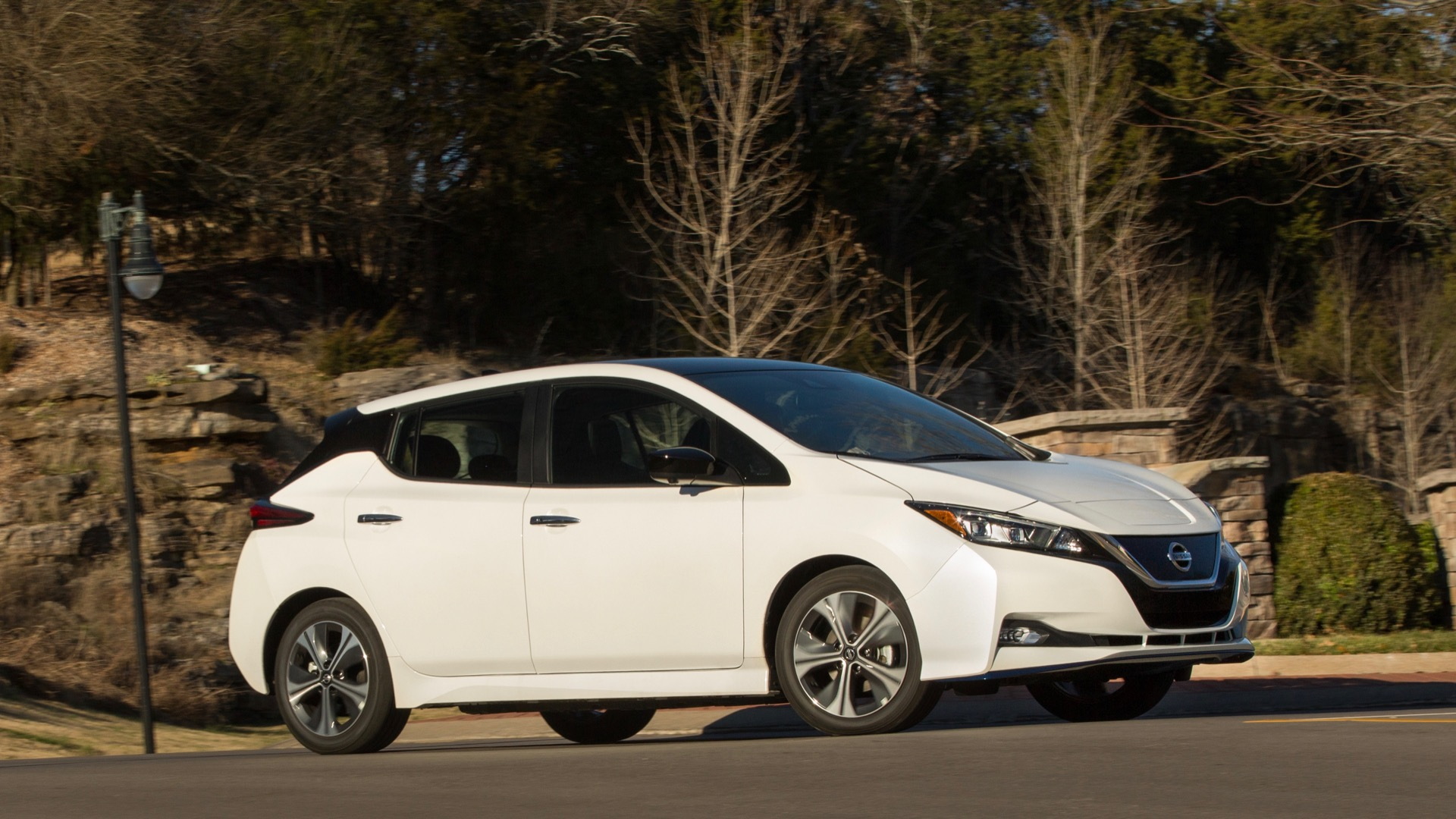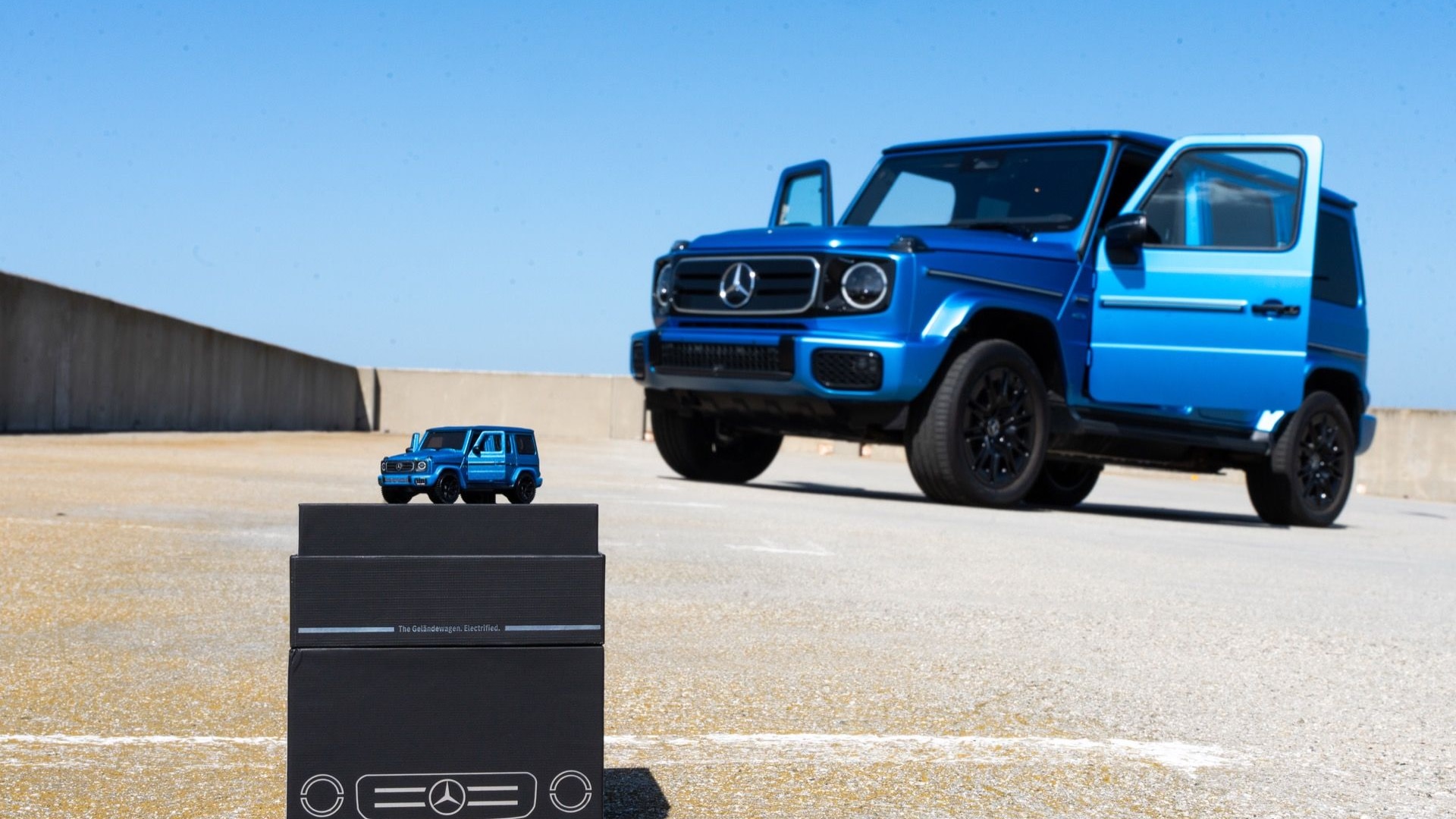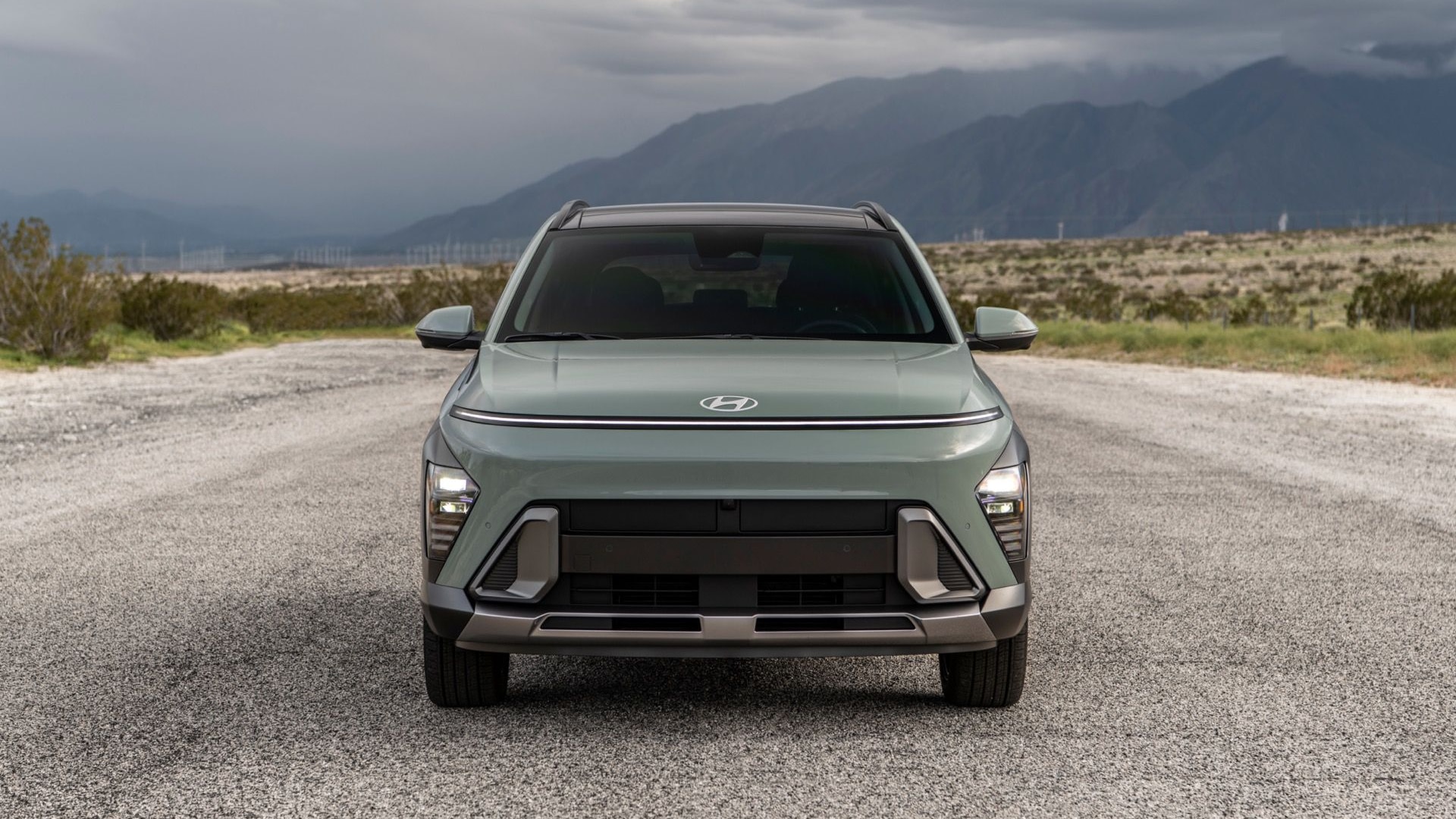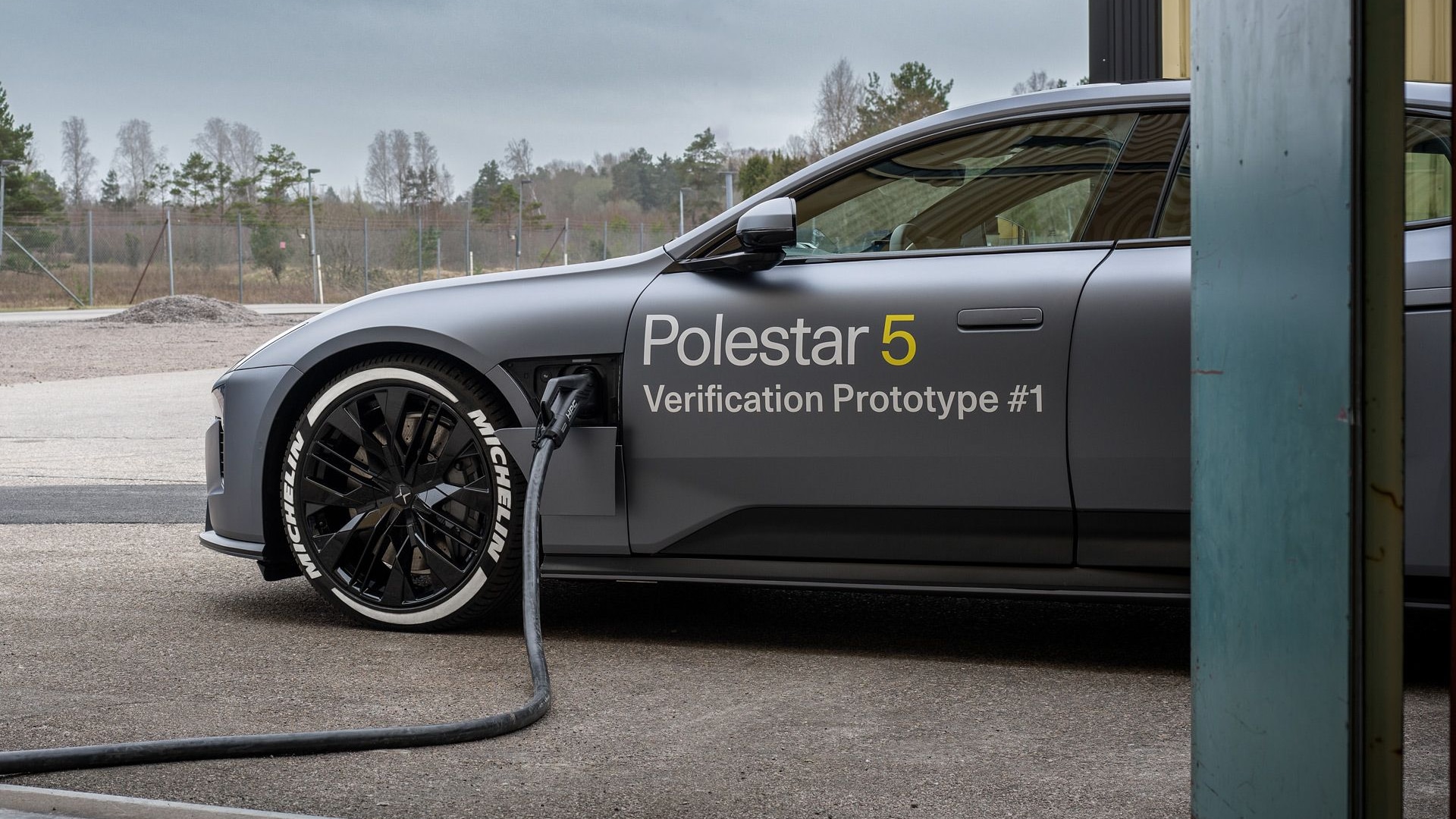Toyota president Akio Toyoda is on the cover of this week's Bloomberg Businessweek, along with a provocative blurb.
It says Toyoda has a dream for his family's company--and that dream is "no more gasoline."
The grandson of Toyota's founder, Toyoda said explicitly what has already been intimated by other company executives and ads that lash out at battery-electric cars.
DON'T MISS: 10 Questions On Hydrogen Fuel-Cell Cars To Ask Toyota, Honda & Hyundai
For Toyota, the future isn't batteries: It's hydrogen fuel cells.
Others in the industry--notably Toyoda's counterparts at Nissan, Tesla, and Volkswagen--might beg to differ, but he remains confident that hydrogen is the way to go for the zero-emission vehicles of coming decades.

2016 Toyota Mirai hydrogen fuel-cell car, Newport Beach, CA, Nov 2014
Toyoda noted that the original Prius hybrid seemed like a long shot when it launched more than a decade ago, but the company has since sold over 7 million hybrids globally.
He said the 2016 Toyota Mirai sedan could have a similar impact, taking fuel cells mainstream and encouraging a transition to a "hydrogen society."
Of course, Toyota spent a not-inconsiderable amount of money to develop the Prius--and lost money on it initially. The same could very well happen with Mirai.
ALSO SEE: 2016 Toyota Mirai Priced At $57,500, With $499 Monthly Lease
On top of that, the carmaker will have to deal with the question of hydrogen fueling infrastructure.
Hydrogen fueling stations are much more expensive to construct than electric-car charging stations.
There are only a handful now operating in the U.S., almost all in California--where the Mirai will launch next year.

2016 Toyota Mirai hydrogen fuel-cell car, Newport Beach, CA, Nov 2014
Critics also question whether large-scale hydrogen production can be achieved in a sustainable way.
But Toyota (the company) clearly believes that taking the time and money to build a fueling infrastructure will be worthwhile, because fuel-cell cars aren't constrained by the short ranges of today's battery-electric vehicles.
Meanwhile, Toyoda (the man) is confident hydrogen can be produced cleanly on a large scale.
MORE: 2016 Toyota Mirai Fuel-Cell Car Will Alter Industry As Prius Did, Says Exec
He believes there is a "high possibility" that there will be more sources of hydrogen in the future--including the use of solar-generated electricity for electrolysis, or converting methane gas from landfills into hydrogen.
All of this effort will help Toyota prepare for the same future that's anticipated by the champions of battery-electric cars.
Every carmaker will have to deal with tightening global emission standards in the coming years, as well as increased urban density that could lead to more draconian anti-pollution measures in major cities.

2016 Toyota Mirai hydrogen fuel-cell car, Newport Beach, CA, Nov 2014
Yet for Toyota's strategy to pay off, hydrogen cars will have to be accepted by consumers at least as quickly as battery-electric cars have been so far.
Even then, the company may not see any financial benefit from its efforts for some time.
Whether electric cars or hydrogen fuel-cell cars can become profitable for major automakers, and over what timeframe, may become a topic of debate in auto-industry circles.
And while it's obviously too early to pick a winner in "batteries vs fuel cells" contest, Toyoda's cover-story statements underscore that carmakers are clearly choosing sides.
_______________________________________________
